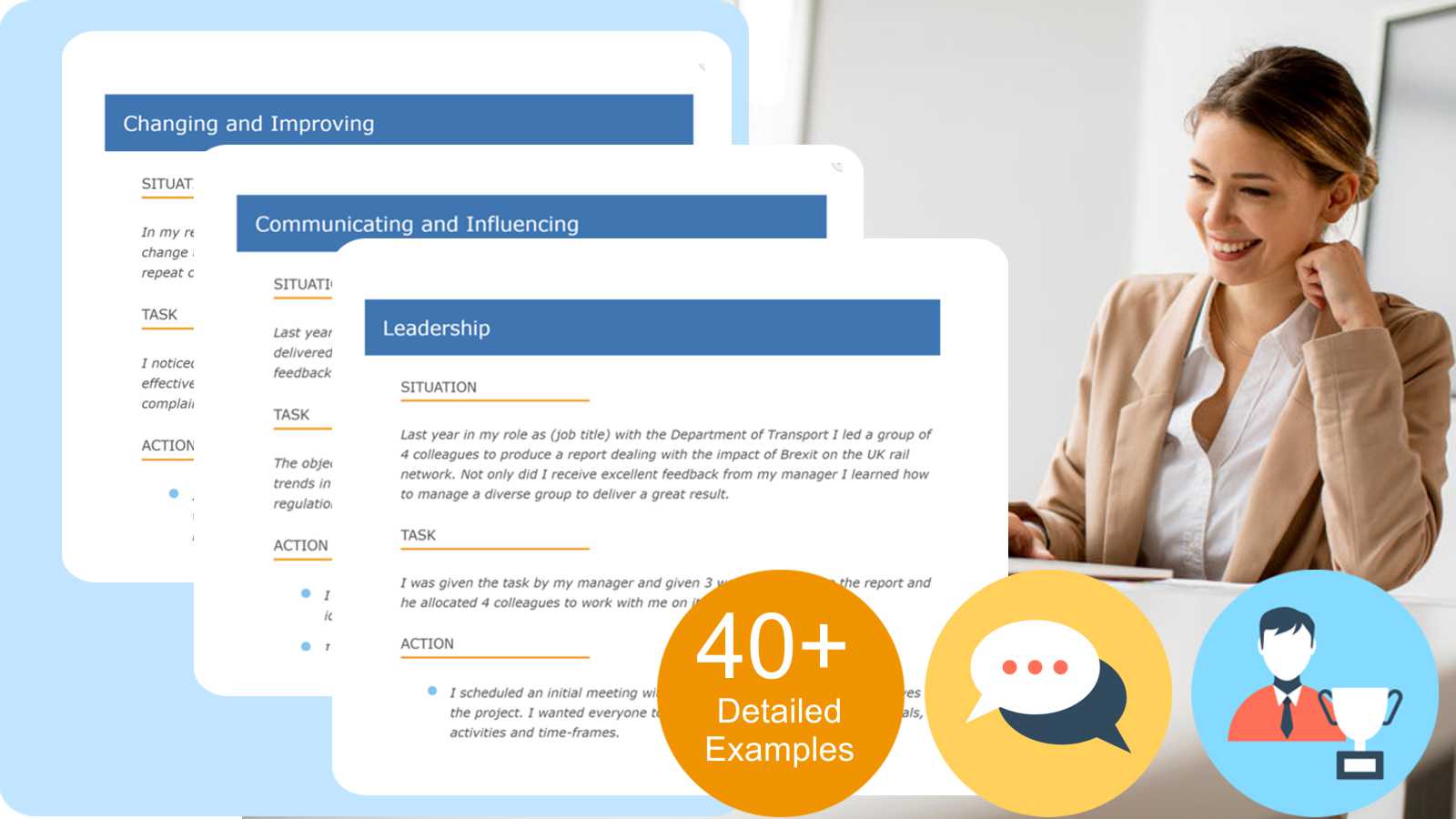
If you are over 40 and considering a career change, ditch the doubt – this could be your most defining professional chapter yet!
Changing your career at whatever age can be a daunting prospect.
In our coaching practice we have worked with many clients making the change. Questions arise about whether they are doing the right thing; will they get a job in their preferred field, what about qualifications and experience and how does it affect longer term finances.
These doubts are perfectly natural and must be dealt with practically.
In this guide, we take you through our best advice for changing careers in your 40s or later and talk you through how to plan and prepare to ensure a successful outcome.
In This Guide:
- Why Change Careers in Your 40s?
- The Challenge of Changing Careers at any age
- How to Make Your Career Change a Success
- How to Change Career in your 40s Successfully
- How to Change Career After Your 40s
- How to Excel in Your Next Job Interview
Why Change Careers in Your 40s?
So, let’s start at the beginning and explore why you might be thinking of changing careers.
The main motivators for a career change are often driven by a desire for personal fulfilment, professional growth, or a need to align with your passions.
Here are three key reasons why people change careers when they get to 40:
- Firstly, dissatisfaction with current roles or industries can propel individuals to seek more meaningful and satisfying work, prioritising personal happiness or work-life balance.
- Secondly, the pursuit of professional development motivates career shifts, as individuals seek fresh challenges and opportunities for advancement.
- Lastly, changing careers can stem from a realisation that personal interests or values have evolved with aging. This prompts a desire to align one’s working life with newfound passions or interests.
Does that fit with your goals or perhaps you have different drivers? Irrespective, this guide will help you make that transition easily and successfully.
The Challenge of Changing Careers at any age
Changing careers at any age can be a daunting yet transformative challenge.
It requires a unique blend of courage, adaptability, and resilience.
The decision to pivot from a familiar professional path to something entirely new is often accompanied by a mix of excitement and anxiety.
At a later stage in life, you will have accumulated a wealth of experience, making the prospect of stepping into unfamiliar territory seem particularly challenging. However, it’s precisely this wealth of experience that can be a valuable asset to a prospective employer.
If starting your own business, the skills you have acquired to date will be essential. You will need to be an all rounder and the experience you bring will help you overcome obstacles and drive your business forward.
Here are the key challenges when changing career and how to cover come them:
Lack of Skills:
One of the major challenges is the need to acquire new skills or credentials relevant to the chosen field.
How to Overcome: It is vital to fill gaps with training and study. For example, if knowledge of a particular software or regulatory framework is essential in your new career, then consider entering a part time, online or evening course.
Lack of Experience:
When considering a new direction, your level of sector specific experience will often be relatively low and your direct competition potentially candidates starting out on their career paths.
How To Overcome: identify ways to gain experience before you make the actual change. These could come from voluntary work, study projects or placement opportunities within your current company. If these are not possible, be prepared to take new roles that are at a lower level than your current role on the understanding that you can and will progress back up the career ladder within a short period of time.
Unrealistic Expectations:
Some clients we have worked with in our caching practice come with expectations or ideas which are not realistic. It is great to have dreams however sometimes, these can only be achieved by taking smaller steps.
How to Overcome: Our advice is to develop a plan; show your ultimate dream as the end result and detail the steps that will take you there. Some of those steps might be training or taking a voluntary or lower paid role as mentioned above. Research typical career progression in your new sector, how long would you expect it to take to reach a similar level as in your current role and what are the future opportunities.
Financial Worries:
There may be financial considerations, as a career change might involve a temporary dip in income or require investment in education or training.
How to Overcome: As well as creating a career plan, work out a financial plan to show how you can meet your commitments over the next 2-5 years, add in development, progression and be ready to change jobs in order to more quickly achieve your plan. If you have a partner or family, include the financial impacts of your ideas on them too, Consider long term finances too, mortgages, pensions, savings plans.
Perfect Answers: Know What To Say to Win Your Next Job
How to Make Your Career Change a Success
Remember that age is not a barrier but a badge of experience. You have built a foundation of valuable skills, honed your resilience, and gained a fresh perspective – all ingredients for a fulfilling career reinvention.
Take the leap, embrace the challenge, and rewrite your professional story. The world awaits your next chapter!
Here are some top tips about making sure your career change is successful and fulfilling.
How to Change Career in your 40s Successfully
 Making that all important career change when you get to yours 40s can be optimum timing for some.
Making that all important career change when you get to yours 40s can be optimum timing for some.
You have energy and stamina coupled with sufficiently broad operational experience. Swapping into a new career at this stage. especially one that will take you to the end of your working life can be a great move.
Advantages of changing career in your 40s
Rich Professional Experience: Individuals who change careers at 40 often bring a wealth of professional experience from their previous roles. You may have been working for 20 years in a number of roles and your experience can include leadership skills, problem-solving abilities, and a deep understanding of industry dynamics.
Established Professional Network: By the age of 40, you will have built a substantial professional network. Changing careers within this established network can provide valuable connections and opportunities.
Lifelong Learning and Adaptability: Changing careers at 40 often requires a commitment to lifelong learning and adaptability. At this stage, you are likely to have honed the ability to acquire new skills efficiently and stay current with industry trends. This adaptability can make you resilient in the face of change, positioning you as a valuable asset in workplaces that increasingly value employees capable of continuous growth and evolution.
Challenges of changing careers in your 40s
Skill Gap and Learning Curve: Changing careers at 40 may involve acquiring new skills and knowledge relevant to the chosen field. This learning curve can be steeper compared to someone entering the workforce in their twenties. The challenge of acquiring new skills and adapting to a different industry might be more time-consuming, and some employers may prefer candidates with a longer history in the specific field.
Financial and Family Commitments: A career change at 40 can come with financial challenges. You may still be in the middle of paying off a mortgage or putting children through school. The financial risks associated with a career change at this stage of life need to be carefully considered and planned for.
Red Flags for Employers: Some employers may wonder why you are changing careers in your 40s. They may see you as overqualified for entry-level positions in a new field. Your application and interview preparation will help you deal with these objections successfully.
Top Tips for A Successful Career Change at 40
Remember, a midlife career transition is not always about starting from scratch but rather leveraging your existing foundation to build something new and fulfilling. With strategic planning, targeted upskilling, and a focus on your transferable skills, you can navigate this change and thrive in your newfound professional chapter.
- Your 40s are the years when you will be at your maximum earning ability. Ensure the roles you apply for are at least commensurate with your existing salary and benefits.
- Highlight the transferable skills and experiences gained throughout your career, emphasising their relevance to the new field. Showcase common skills required in all sectors such as leadership, problem-solving, and project management.
- Tailor your application, CV and cover letter to reflect how your background uniquely positions you as an asset in the new industry.
- During interviews, articulate how your diverse experiences bring a fresh perspective and add value to the prospective employer.
- Leverage your existing professional network and seek out mentors in the desired field. Networking can provide valuable insights, job leads, and support during the transition.
- Attend industry events, join relevant online forums, and connect with professionals in the target field.
- Find a mentor who can offer guidance, advice, and encouragement, helping you build confidence and accelerate your integration into the new industry.
How to Change Career After Your 40s
 After your 40s, many professionals reach a turning point.
After your 40s, many professionals reach a turning point.
The yearning to explore new possibilities and a break from routine can become irresistible.
A career change later than your 40s can be a powerful solution, allowing you to pursue your passions and utilise your hard-earned skills in a fresh, exciting way.
But before diving in head-first, a dose of reality is crucial.
Advantages of changing career after your 40s
Exposure to Wide Variety of Challenges: In your 50s and 60s, you will bring a wealth of senior level experience. You will have encountered and overcome various challenges, potentially at a strategic rather than operational level.
Wisdom: At this stage in your life, you would bring a certain level of wisdom and realism. You will have a sharp and rapid ability to make correct decisions and act with sound judgment. This deep reservoir of experience can be a valuable asset in navigating complex situations, making them adept problem solvers and effective leaders in their new career.
Valuable Connections: Over several decades in the workforce, individuals in their 50s often have a well-established professional network. Not only is this a powerful asset for a new employer but also you can leverage this network to help with your new career.
Diverse Skill Set and Adaptability: Individuals in their 50s or 60s have typically acquired a diverse skill set from years of working in different roles and industries. This versatility will enable you to adapt quickly to new challenges and environments.
Greater Flexibility: Ideally you will have greater freedom financially. Perhaps your children are out of school or university and independent. Your debt burden may have shrunken with equity built up. Additionally, you may have investments and a pension which are growing. All this will allow you to consider roles which perhaps pay less but are in sectors that you feel passionate about.
Challenges of changing careers in your 50s or 60s
Limited Opportunities: Many employees will have established their careers and are in senior posts by the stage in life. To break into a new sector or is more challenging as there are less openings.
Age Bias: Despite legislation to prevent it, age bias can be a factor, with certain industries favouring younger candidates. Overcoming stereotypes about adaptability and fitting into a new work culture may present challenges.
Top Tips for A Successful Career Change After Your 40s
Employers value the ability to bring a fresh perspective and a broad range of skills to a role. The adaptability gained through a long and varied career can make individuals in their 50s very attractive to a prospective employer.
Here are our top tips for a successful career move in your 50s or 60s:
- Crafting a strategic plan is critical once you have decided on a new career. This plan should clearly outline your professional aspirations and expectations along with timelines.
- Consider roles which are shorter terms in nature such as Project based. Leading or being part of a large complex project can be ab ideal step forward into a new sector.
- Consulting roles whether as an independent or with an organisation can be a great way to utilise your generalist skills and experience.
- Networking becomes a powerful tool for which you can leverage for your career transition. Contact your relationships built over the years to open doors and also as a source of new business if you go the consulting route.
- While you have significant time left in your working life, reaching senior positions in a new field might take longer than in your previous career. Consider your long-term goals and what level of achievement would genuinely fulfil you in this new chapter.
- Overcome age bias with effective communication of transferable skills and a willingness to address any concerns about long-term commitment to the new career.
Get Interview Questions & Expert Answers for Your Target Job
Get Instant Access to InterviewGold and Get The Job You Want
How to Excel in Your Next Job Interview and Get that New Career
Getting into your next role as you change careers can be a challenge.
You will need to demonstrate your vast array of skills and experience in a succinct answer, convince the panel that you the right person and overcome their concerns.
This is where InterviewGold will help.
With our online interview training program you will learn how to answer the trickiest questions with ease. Plus you will get detailed sample answers all proven to boost your chances of winning the job.
Best of all, it is tailored to your target career. Log in select your sector and then select your role and get accurate questions and answers plus tons of top advice. Over 20 sectors are covered including Accounting, Finance, Customer Services, Banking, Marketing, Sales etc.
Practice and Prepare with InterviewGold and get the new Career you want
Get Instant Access to InterviewGold and Get The Job You Want


